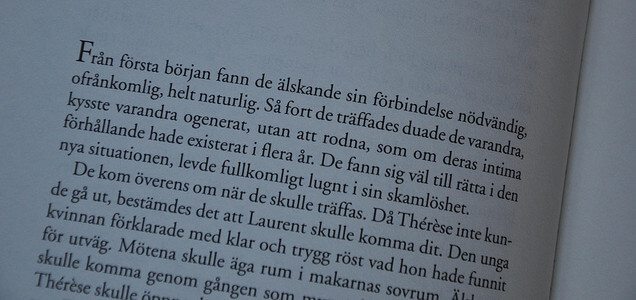Are books lost in translation?
Books are one of the majestic objects that have the ability to transcend culture, religion and society because they can be translated, allowing them to reach the widest possible audience.
Through the act of translation, the world seems to be a more open-minded and intellectually riveting place. However, the timeless question of whether certain books lose their true meaning through the act of translation is still relevant today.
It’s questionable whether the link between the author and text deteriorates because of translation, and if the text is replaced with the translator’s view. This is common with book titles, for example Susie Orbach’s book, Fat is a Feminist Issue, was translated into Dutch as Mooi Dik is Niet Lelijk which means Beautifully Fat isn’t Ugly.
It’s questionable whether the link between the author and text deteriorates because of translation
It’s clear to see that the translator completely misinterpreted the title and the meaning of the book. This is only one of the many examples, however it doesn’t necessarily mean that all translators are guilty of misinterpreting books; they do the world a great and admirable favour through translating masterpieces!
I’ve only managed to read several books because they’ve been translated, and a couple of my favourites include The Alchemist by Paulo Coelho and The Diary of A Young Girl by Anne Frank.
Coehlo himself actually commented on the translation of his texts and said:“I trust the translators …I consider them as builders of bridges and thanks to their efforts my soul is able to reach so many people.”
It’s clear that translations of books are considered to be remarkable additions in bringing together different languages and people. Without it, the world of literature would be limited to specific languages. The translation of books entitles readers like us to appreciate world literature rather than staying within the constraints of one language.
Personally, I recognise importance of translating books so literature as a whole can become more diverse. It is a frustratingly fantastic concept, above all though, it does enable books to eclipse the language borders present in society – and that in itself is pretty amazing.
Image Credits: Flickr / Charlotta Wasteson (Header)

Comments